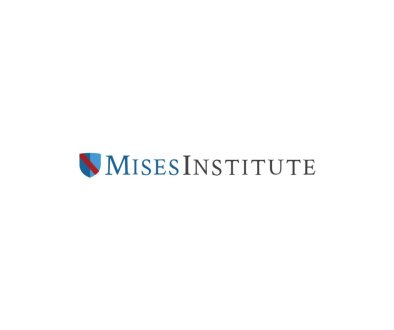California Officials Agree to Preliminary Injunction Blocking Law That Limits Discussing Arrest Records
FIRE, which represents the First Amendment Coalition and me in challenging the law, reports:
A federal court, acting on a stipulation agreed to by the California attorney general and San Francisco city attorney, today haltedenforcement of a California law that officials deployed to suppress journalism about a controversial tech CEO’s sealed arrest records.
Under the law, any person — including journalists, advocates, witnesses, and victims of crimes — faced a civil penalty of up to $2,500 for sharing public information. The court order results from a First Amendment lawsuit filed by the Foundation for Individual Rights and Expression in November, which led the California attorney general and San Francisco city attorney to agree not to enforce the law while the lawsuit is pending….
In October 2023, journalist Jack Poulson published articles about a controversial tech CEO’s arrest, sharing a copy of the arrest report sent to him by an unidentified source. The San Francisco Police Department had previously made that report public, even though the executive had successfully petitioned a state court to seal the record.
Almost a year after Poulson published the report, the city attorney of San Francisco — working with the tech executive — sent three letters to Poulson and his webhost, Substack, demanding they remove articles and the sealed report. Those letters threatened enforcement of California’s anti-dissemination statute, Penal Code § 851.92(c). The law imposes a civil penalty of up to $2,500 on any person (except the government officials charged with maintaining the secrecy of sealed records) who shares a sealed arrest report or any information “relating to” the report — even if the information is already publicly available.
Concerned by the implications of the statute, FIRE sued the San Francisco city attorney and the California attorney general on behalf of the Bay Area-based First Amendment Coalition, its Director of Advocacy Ginny LaRoe, and legal commentator Eugene Volokh. Each regularly comments on censorship campaigns precisely like the one the tech CEO and city attorney launched against Paulson and Substack. But the anti-dissemination statute prohibited them from covering the CEO story, even though the information has been publicly available for over a year.
Today, the court entered a preliminary injunction agreed to by both California and the city attorney that prohibits them from enforcing the law with respect to publicly available information. The preliminary injunction protects not only FAC and Volokh, but anyone — including journalists like Poulson — who publishes information made available to the public.
The case is proceeding, and there will presumably be briefing as to whether the law should be permanently enjoined; but while that’s happening, the law is being preliminarily blocked, as to reporting on publicly available information. Here’s an excerpt from FIRE’s memorandum arguing in support of the preliminary injunction, which I take it helped persuade the government defendants:
Both as applied to Plaintiffs and on its face as to everyone who disseminates lawfully obtained information about sealed arrests, the anti-dissemination statute violates the First Amendment as a presumptively unconstitutional content-based speech restriction that ca
Article from Reason.com

The Reason Magazine website is a go-to destination for libertarians seeking cogent analysis, investigative reporting, and thought-provoking commentary. Championing the principles of individual freedom, limited government, and free markets, the site offers a diverse range of articles, videos, and podcasts that challenge conventional wisdom and advocate for libertarian solutions. Whether you’re interested in politics, culture, or technology, Reason provides a unique lens that prioritizes liberty and rational discourse. It’s an essential resource for those who value critical thinking and nuanced debate in the pursuit of a freer society.



